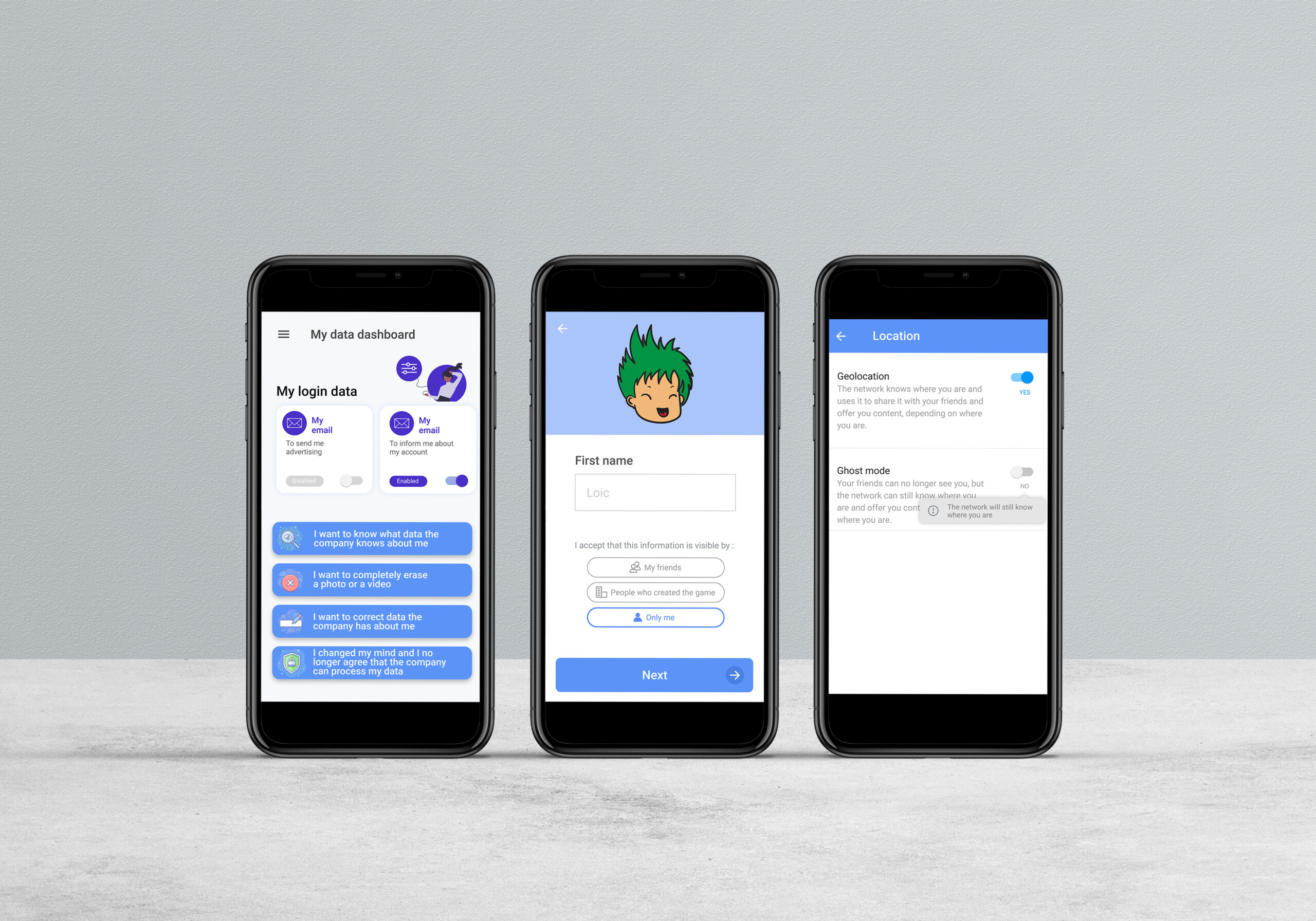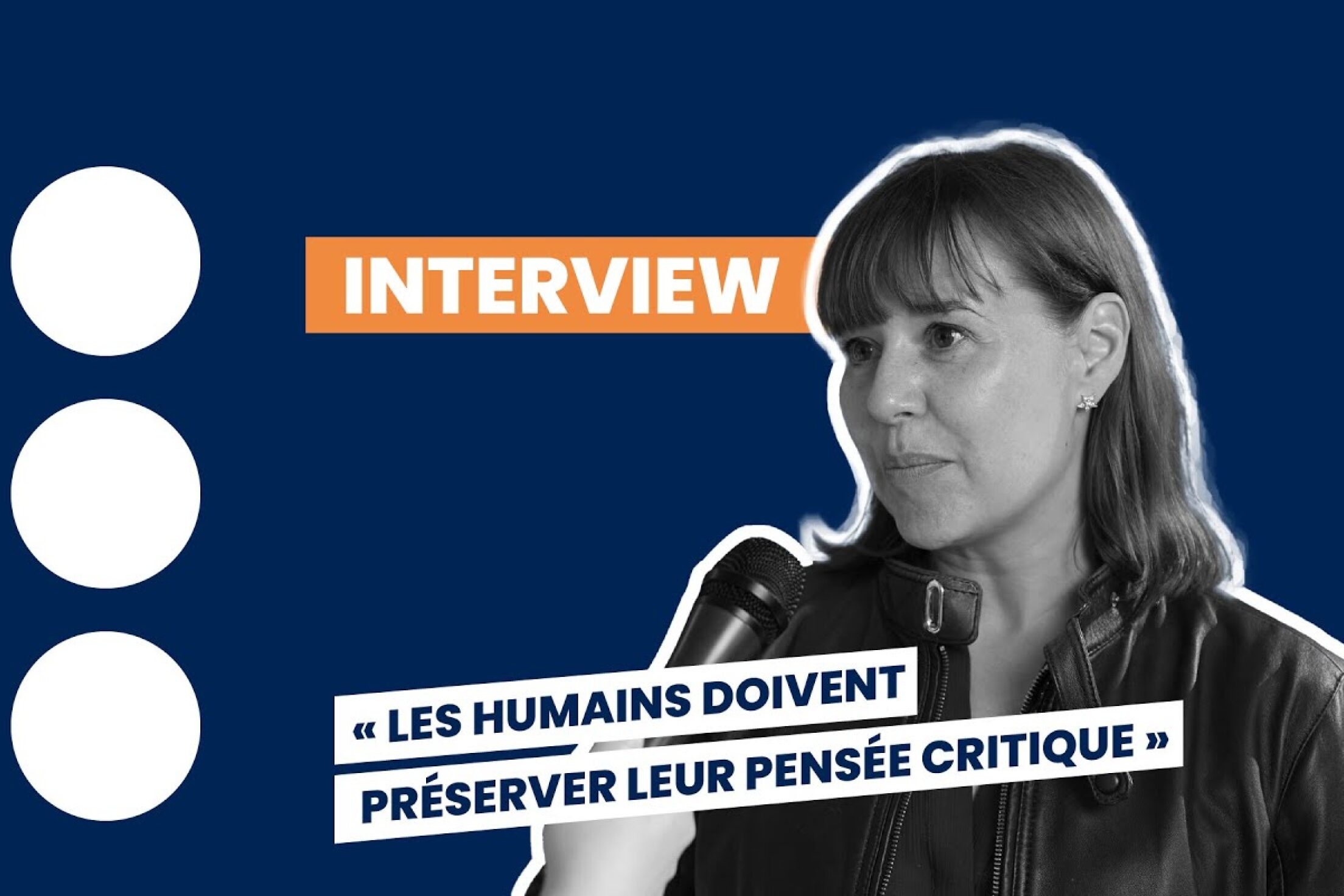In today’s digital age, the internet has become an integral part of our daily lives. From accessing information to conducting business, the web has opened up a world of opportunities. However, for the 1 billion people worldwide living with disabilities, navigating the digital landscape can be a challenging and frustrating experience. This is where web accessibility comes into play.
What is Web Accessibility?
Web accessibility refers to the practice of designing and developing websites, tools, and technologies that can be used by people with a wide range of abilities and disabilities. This includes individuals with visual, auditory, motor, and cognitive impairments. The goal of web accessibility is to ensure that everyone, regardless of their abilities, can access and interact with digital content.
Applicable Regulations and Standards
To ensure that websites are accessible to all, several regulations and standards have been put in place. The most widely recognized standard is the Web Content Accessibility Guidelines (WCAG), developed by the World Wide Web Consortium (W3C). The WCAG provides a set of guidelines and success criteria for creating accessible digital content.
In addition to the WCAG, the European Union has introduced the European Accessibility Act, which aims to improve the accessibility of products and services across the EU. This directive requires companies to ensure that their websites and mobile applications are accessible to people with disabilities.
Why Web Accessibility Matters
Web accessibility is not only a moral imperative but also a legal requirement. With over 1 billion people worldwide living with disabilities, ensuring that digital content is accessible is crucial for creating an inclusive society. By making websites accessible, businesses can tap into a larger customer base and demonstrate their commitment to social responsibility.
Amurabi: Making Complexity Accessible
Amurabi is a legal innovation studio that specializes in making complexity accessible to all. By combining neurosciences, plain language, design, and accessibility techniques, Amurabi helps businesses create digital content that is easy to understand and navigate.
One of the key areas where Amurabi excels is in making legal content accessible online. From terms and conditions to privacy notices, Amurabi works with clients in various sectors, including banking, insurance, and healthcare, to ensure that their legal content is accessible to all users.
Examples of Accessible Legal Content
- Terms and conditions written in plain language and structured with clear headings and bullet points.
- Privacy notices that are easy to navigate and provide clear information about how personal data is collected and used.
- Accessible online forms and applications that can be completed using assistive technologies.
Amurabi’s User Testing Lab
To ensure that digital content is truly accessible, Amurabi has developed a user testing lab where we can measure the level of accessibility, engagement, understanding, and user satisfaction. This lab allows legal operations directors, legal directors, and digital teams to see firsthand how their content performs with real users.
By conducting user testing, Amurabi can identify areas where digital content can be improved to better meet the needs of all users. This not only helps businesses comply with accessibility regulations but also leads to increased customer satisfaction and engagement.
« At Amurabi, we believe that everyone should have equal access to information and services online. By making legal content accessible, we’re helping businesses create a more inclusive digital world. »
The Benefits of Accessible Legal Content
By working with Amurabi to create accessible legal content, businesses can enjoy a range of benefits, including:
- Increased customer satisfaction and engagement
- Improved brand reputation and social responsibility
- Compliance with accessibility regulations and standards
- Reduced risk of legal action related to accessibility issues
Conclusion
Web accessibility is a critical issue that affects millions of people worldwide. By creating digital content that is accessible to all, businesses can tap into a larger customer base, demonstrate their commitment to social responsibility, and comply with legal requirements. Amurabi’s expertise in combining neurosciences, plain language, design, and accessibility techniques makes them a valuable partner for businesses looking to make their legal content accessible online.






